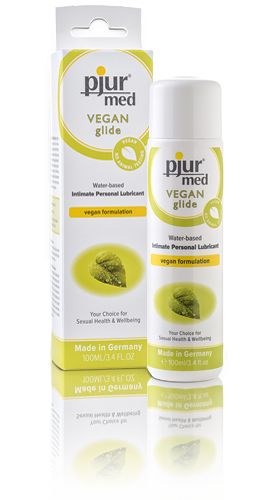Many people go on holiday with a twinkle in their eye. Either for somebody they already love, or somebody they haven’t yet met, but definitely want to love. Either way, there’s an issue – sustainability. The eco-savvy traveller will be prepared for this and will have packed suitable accessories for almost any romantic occasion. Here’s our list. By James Teo.
Courtesy PinkPangea
Gretna Green. 7 September 2019. When travelling, many people often get a bit amorous. Whether it’s the new horizons, the freedom of the road and the wind in your hair, or just the opportunity to be away from the kids for a week, it often happens that the get-together times are as important as the selfies, views and cultural artefacts.
Wool and hemp offer some of the best and coolest travel clothing. Courtesy Woolmark.
The first thing to remember is your presentation. Lots of super-cool new shirts, pants and even undies should be on the list – but make sure they aren’t throwaways made of oil-based fabrics. Look for hemp, linen and wool over cotton.
Hemp is not just cool, it’s good for Gaia. It doesn’t need pesticide to grow, it is strong, and better at sweat absorption than cotton. Also check out bamboo – it’s one of the most sustainable fibres and also doesn’t need chemicals or irrigation, Plus it’s great at being sweaty in. And new merino wool mixes can carry some astonishing colours and weaves as well as being toasty warm.
OK, that’s the duds out of the way – next stop is the seductive smell business. It’s all about materials, non-cruelty and helping those (often previously exploited) in the supply chain. Look for essential oils that have been cold-pressed or produced by distillation, not chemical production or extraction. This approach is purer – and uses less energy and petrochemical additives too. Take Sana Jardin, available from Lady Di’s favourite store, Harrods. Branding itself as “beyond sustainable”, it uses orange petals as its main ingredient, picked and distilled by local Amazigh women from the Moroccan lowlands. Its perfume products are sold in recycled packages, and the hundreds of tons of harvest waste is recycled into organic compost to be used to promote better flower harvests. Splash it on and feel good, as you reach for the cruelty-free cosmetics.
Once the preparations are complete, you are ready to move out into the (sultry?) evening for some serious socialising. The sustainable elements there include cutting down on the meat, looking for organic wines, and steering clear of all those palm oil heavy foods and desserts.
Once the meal is over, the (indigenous) band has serenaded you, and the stars are twinkling as much as your libido, it’s time to retire. If your holiday is a procreation recreation event, stop here – but if you are looking to minimise your environmental impact by not making babies or spreading diseases, then condoms are the way to go.
Pjur rates itself highly on the vegan scale. Courtesy Pjur.
Before you get down to business, consider that condoms often need a touch of gel to make them more acceptable to both partners. If the lube you’ve brought with you is organic that’s a good start – but try to find one that isn’t made discreet by being wrapped in multiple layers of plastic or non-biodegradable packaging. An alternative to a slippy tube is a jar of coconut oil. Coconut oil is great for use on the beach, plus it can double as a natural lubricant. It’s effective, environmentally friendly and usually comes in a recyclable glass jar. Alternatively opt for a water-based slip dip such as the German manufactured Pjur VEGAN Glide. Made with all-vegan ingredients, and without any animal testing, it is described (very Germanically) as being ideal for “any area of the body where extra moisture is desired” and is pH neutral as well, to avoid irritation.
When it finally comes to condoms, look for a brand that promises fair-trade rubber, comes in recyclable packaging (not those horrid plastic and metallic foil pouches) and are manufactured ethically, ideally with a profit sharing system to boot. One example is cheekily named Sustain condoms, a brand that uses fair-trade natural latex, paper packaging and that pledges free education, and healthcare for the community they source rubber from. They also mention they don’t use nitrosamine, a carcinogen present in some other condoms.
Glyde condoms. Sustainable. Say no more . . . Courtesy Glyde.
If you are vegan, don’t assume that plain rubber is OK though. Many mass-market rubber condoms also use casein as part of the mix, which is made from milk residue. That’s not the right thing for a vegan, no matter how horny they are. In that case, take a look at Glyde condoms, which claim to be made from a proprietary plant-based formula of natural rubber latex and thistle extract. They also say they don’t have any casein, talc, parabens or spermicides that can up the artificial chemical count in some prophylactics. They do 100-condom ‘weekend away’ packs for the active lover too.
Once you have satisfied both the initial urges and the need for sustainable co-mingling, disposal is the last step. For goodness sake don’t flush the evidence; sewers aren’t built for rubbers. Wrap the used condom up in a non-plastic, paper-based tissue then pop it in the bin, where it will be hauled off to the local landfill to decompose gracefully. Happy holidays.



